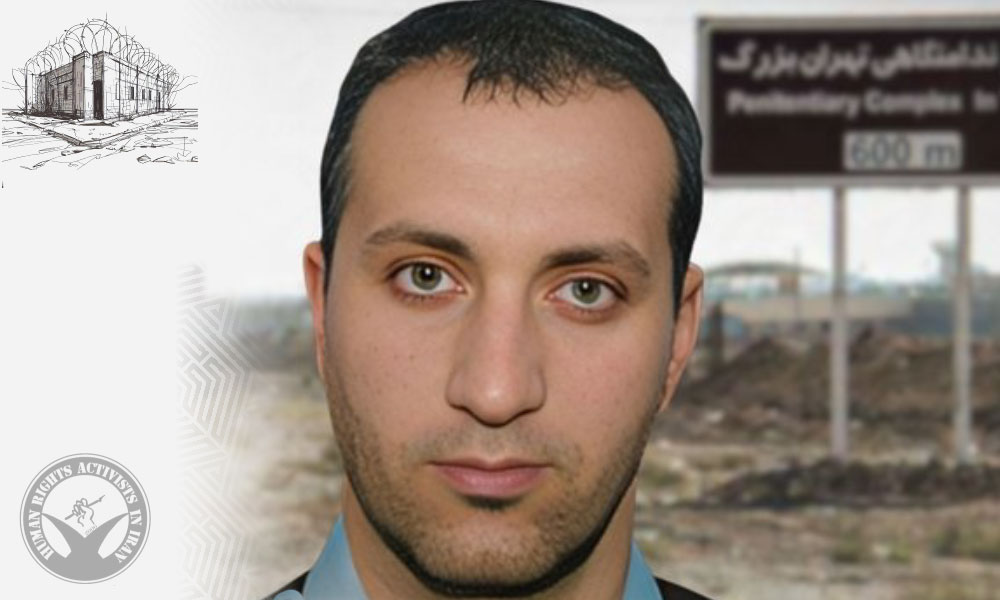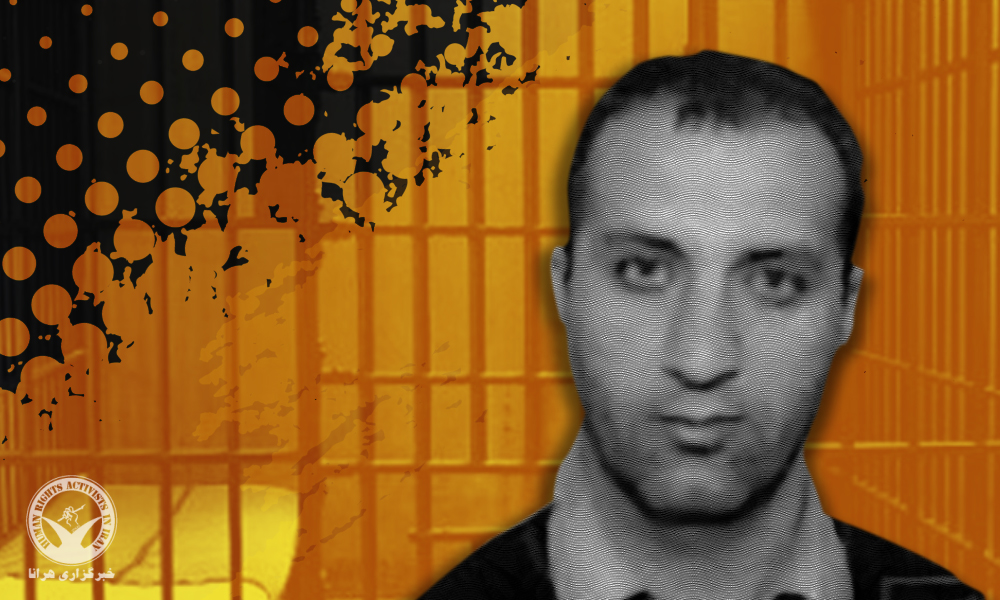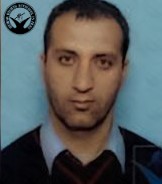HRANA – Babak Dadbakhsh, a political prisoner held in the Great Tehran Prison, has penned a letter to the head of Iran’s judiciary, condemning the dire conditions inside the facility. In the letter, he details widespread financial and administrative corruption, a severe lack of medical care and hygiene, harsh limitations on basic welfare and cultural services, and the exploitation of management positions for personal gain.
Addressed to Gholamhossein Mohseni-Ejei and obtained by HRANA, the letter describes these conditions as emblematic of the systemic and widespread violations of prisoners’ rights. Dadbakhsh portrays the prison environment as deeply inhumane, marked by discrimination in access to essential services and a complete breakdown in institutional accountability.
According to Dadbakhsh, the hygiene standards in the Great Tehran Prison are extremely poor. Infestations of bedbugs and lice, outbreaks of skin diseases such as scabies, and severe shortages of cleaning supplies are common. Each 25-person room receives a monthly ration of only one bar of soap, one 400g packet of laundry detergent, and a small bottle of shampoo. Every two months, each prisoner is given a single-use 3g toothpaste—without a toothbrush. Water is also cut off for several hours daily, during which bottled water is sold to prisoners at heavily inflated prices.
The letter also exposes rampant financial and structural corruption. Positions such as “ward representative” are reportedly bought and sold for large sums. Responsibilities like managing prison rooms are treated as lucrative concessions, requiring weekly payments ranging from 2 to 10 million tomans to the ward representative. These room managers then charge new arrivals fees for access to basic amenities such as beds, use of the kitchen, watching television, drinking tea, or even the right to sit on the floor or join others at meals.
Dadbakhsh also describes the economic hardship faced by inmates. A loaf of bread, normally priced at around 2,000 tomans, sells for 15,000 to 30,000 tomans inside the prison. Expired goods are sold in the prison shop, medications from the prison infirmary are trafficked within the facility, and access to medical care requires payment to staff. According to Dadbakhsh, even the right to visit with family is being bought and sold.
He further criticizes the absence of cultural, recreational, and medical services. Of the approximately 3,500 inmates across 10 wards, only a handful have access to the cultural unit. Recreational facilities are completely unavailable. Despite the large population, the social work unit is severely understaffed—with only one social worker available for 330 inmates, and that person only appearing briefly once or twice a week behind bars.
In closing, Dadbakhsh writes that these conditions strip prisoners of basic human dignity and push their families into severe financial hardship. He urges the head of the judiciary to seriously address the situation in the Great Tehran Prison and the widespread violations of prisoners’ rights.
About the Author of the Letter:
Babak Dadbakhsh, a political prisoner around 45 years old, was recently arrested in Tehran during a furlough from Ardabil Prison and transferred to the Great Tehran Prison. He is now facing a new case in Branch 105 of the Criminal Court Two of Parand on the charge of “propaganda against the regime.” The case was initiated after his interrogation by Robat Karim’s security office. A hearing was scheduled for July 26 via videoconference, but Dadbakhsh refused to attend, stating that he does not recognize such proceedings and demanded an in-person trial. No verdict has been issued yet.
Previously, in November 2018, Dadbakhsh was arrested in a separate case by Tehran’s security police and handed over to the Ministry of Intelligence. He was held in Ward 209 of Evin Prison, the Great Tehran Prison, and Razi Psychiatric Hospital, before being transferred to Rajai Shahr Prison in February 2019. Due to poor physical and mental health, he was initially held in the ward for special-needs patients and later among political prisoners.
In February 2020, Branch 28 of Tehran’s Revolutionary Court, presided over by Judge Moghiseh, sentenced him to 43 years in prison for possession of weapons and ammunition. Under Article 134 of the Islamic Penal Code, 16 years of this sentence is enforceable. He was acquitted of the charges of moharebeh (waging war against God), corruption on earth, and collusion against national security. He also previously served time in Evin Prison from 2007 to 2009 and still faces a pending case from that period due to failure to return after furlough. Prior to his arrest, he was married and a father of two, one of whom he lost along with his wife in an accident.





